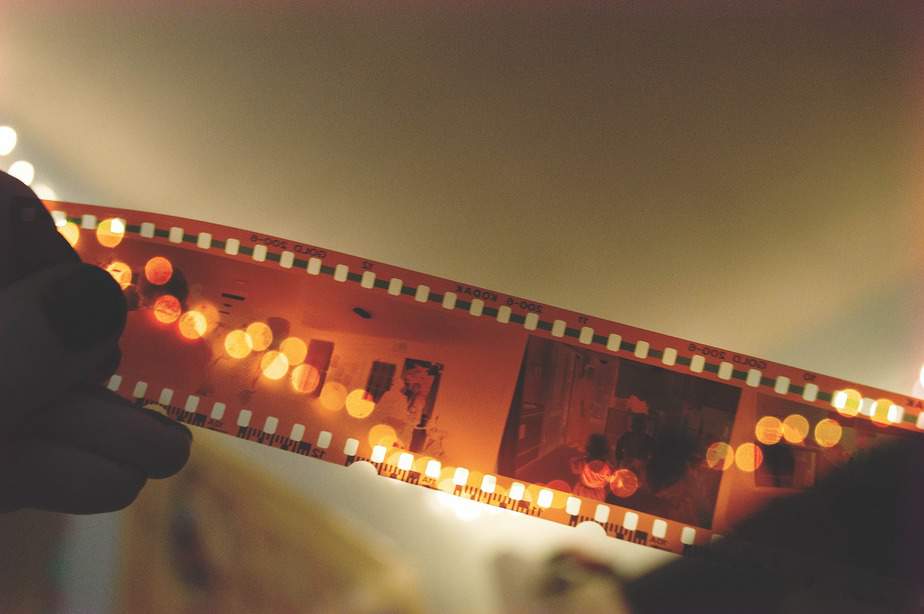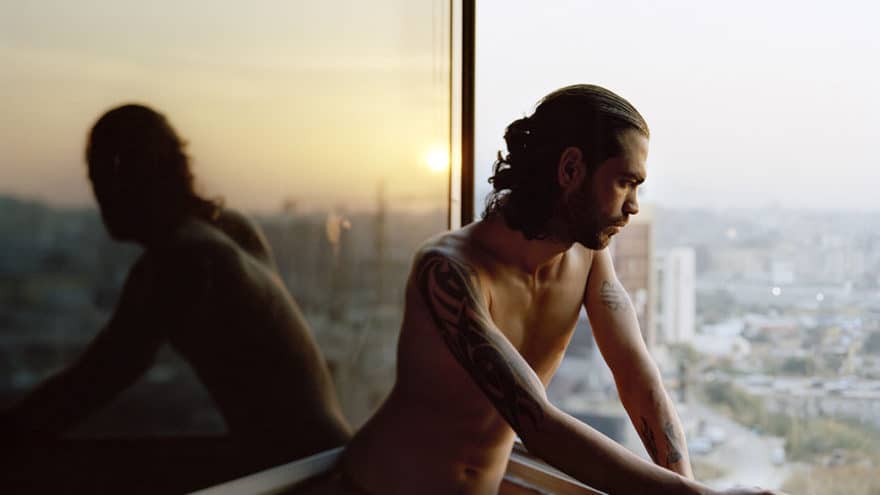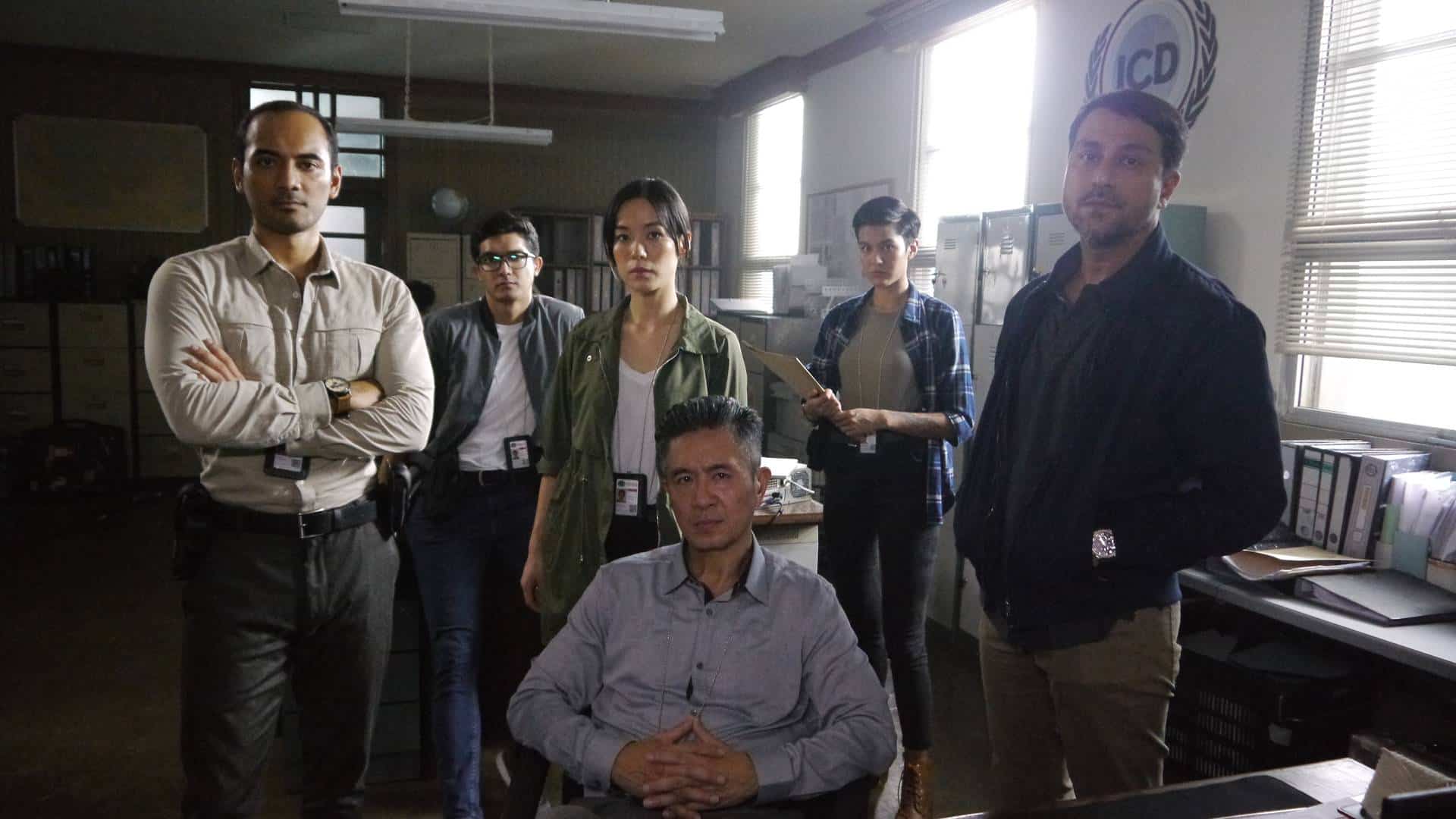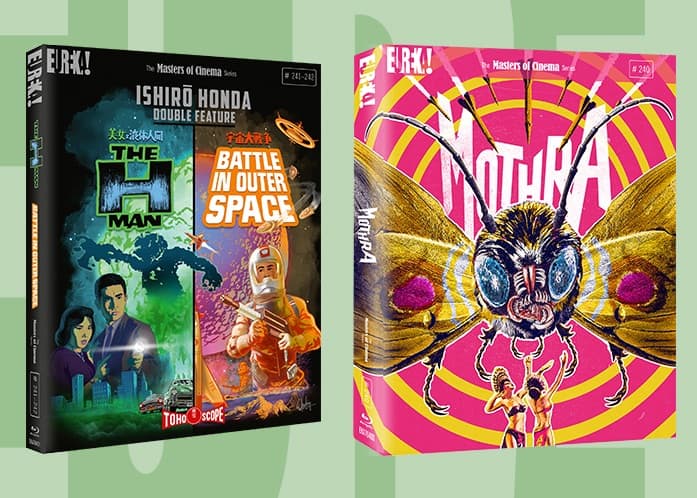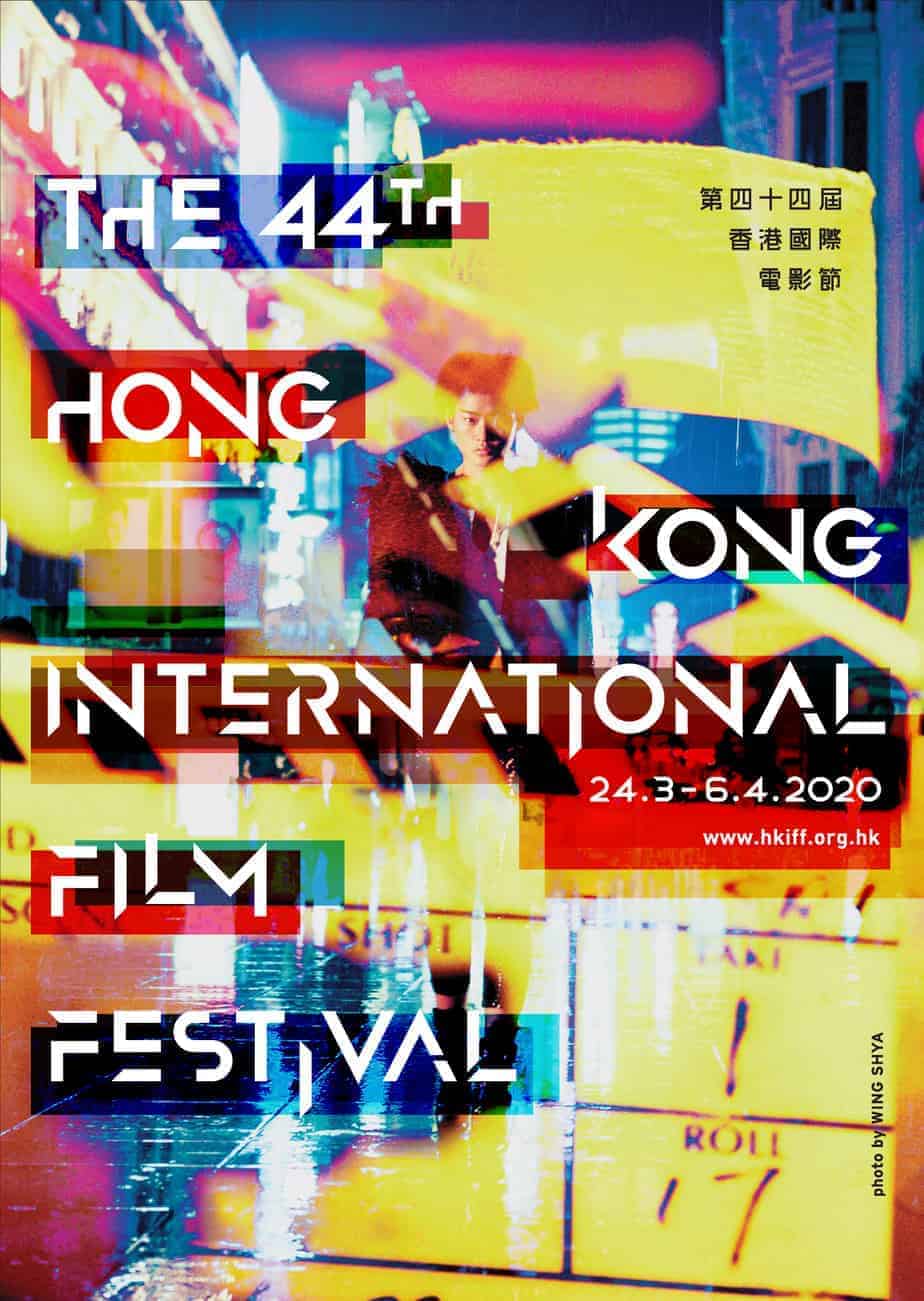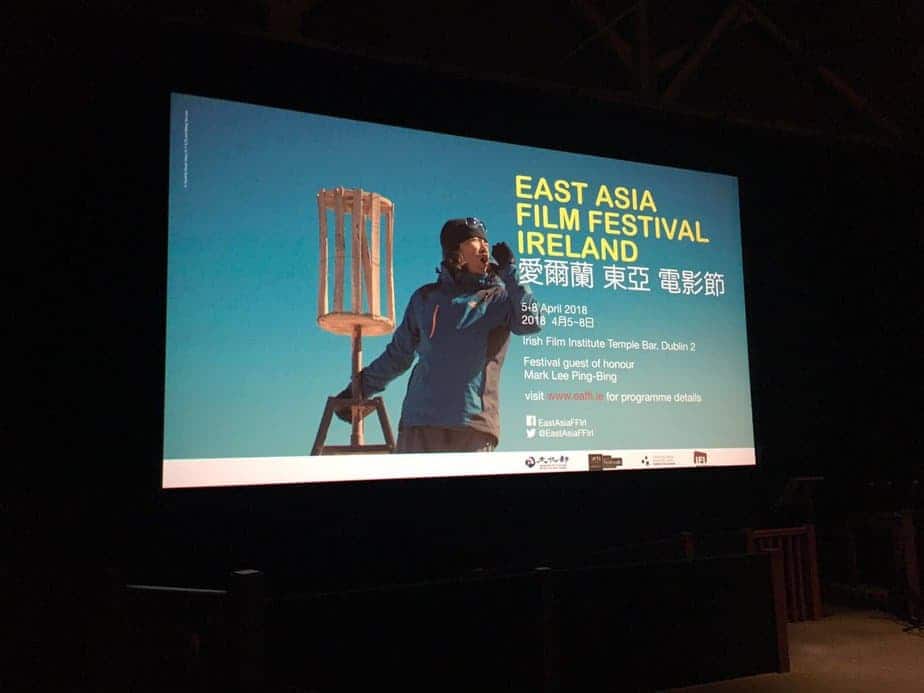Akira Kurosawa is regarded as one of the greatest filmmakers in the history of cinema. In addition to directing 30 movies, in his 57-year career, Kurosawa was the assistant director and editor of numerous films. He also worked in theater and television and was a celebrated novelist. With such an extensive body of work to his name, it can be difficult to know where to begin with his films. So, here is a look at Kurosawa’s very best.
Ikiru
Throughout the 1950s and early 1960s, Akira Kurosawa directed approximately one movie per year. That would be unheard of these days! The 1953 film Ikiru follows a struggling terminally-ill bureaucrat from Tokyo as he searches for meaning. It is inspired by Tolstoy’s 1886 novella The Death of Ivan Ilyich. The film explores themes like the inefficiency of bureaucracy, the decaying life of families in Japan, and the quest to learn how to live life best. Ikiru received widespread acclaim from critics and audiences upon its release, and it won numerous awards, such as Best Film at the Kinema Junpo and Mainichi Film Awards.
Seven Samurai
In the west, Kurosawa’s most famous movie is undoubtedly the 1954 picture Seven Samurai, which was the basis for the Hollywood classic The Magnificent Seven. The Seven Samurai film tells the story of a village of farmers who hire seven samurai to defend them against bandits who are planning to steal their harvest of crops. Since its release, the film has consistently ranked high in critics and audiences’ lists of greatest-ever films. Seven Samurai became Japan’s highest-grossing film, and it set a new standard for the film industry. If you cannot get enough samurai action, in addition to watching Japanese samurai films, you could play the fantastic samurai-inspired Katana slot game, which is available at a オンラインカジノ (online casino).
Yojimbo
This 1961 movie tells the story of a rōnin who arrives in a small town where two crime lords are vying for supremacy. Each boss attempts to hire the newcomer as a bodyguard. Partly inspired by the classic 1952 western Shane, this is Kurosawa’s quintessential samurai movie, along with his previous samurai film Seven Samurai. Yojimbo’s haunting soundtrack perfectly accompanies the film’s scenes of deserted streets, grimy residents, and mangy dogs.
Throne of Blood
One of Kurosawa’s best pictures from the 1950s is Throne of Blood. The 1957 film transposes Shakespeare’s classic historical play Macbeth from medieval Scotland to 16th century feudal Japan. However, the script does not use a single line from the original play. The story of Throne of Blood is about a warrior who murders his sovereign after he is urged to do so by his manipulative wife. Despite the change in setting and the numerous creative liberties taken, Throne of Blood is regarded as one of the best film adaptations of Macbeth ever made.
Kagemusha
Kurosawa’s 1980 movie Kagemusha is set in the Sengoku period of Japanese history. The plot sees a lower-class criminal impersonating a daimyō so he can dissuade opposing lords from attacking a vulnerable clan. The film ends with a stunning depiction of the real-life 1575 Battle of Nagashino. The word “Kagemusha” means “shadow warrior;” a term used for a political decoy. The film won numerous awards upon its release, including the Palme d’Or at Cannes. Kagemusha was also nominated for the Academy Award for Best Foreign Language Film. Interestingly, it was Francis Ford Coppola and George Lucas, who persuaded 20th Century Fox to partially finance Kagemusha.
Dersu Uzala
This 1975 Soviet-Japanese co-production was Kurosawa’s first and only non-Japanese-language movie. It is also Kurosawa’s only picture shot on 70mm film. Dersu Uzala is based on the 1923 memoir written by Russian explorer Vladimir Arsenyev. It tells the story of his exploration of Russia’s Sikhote-Alin region over the course of several expeditions at the beginning of the 20th century. The film explores the theme of a man becoming fully-integrated with the natural environment, as well as how two men can form a deep friendship from polar-opposite backgrounds. Dersu Uzala won an Oscar for Best Foreign Language Film in 1976, among many other prestigious awards.


